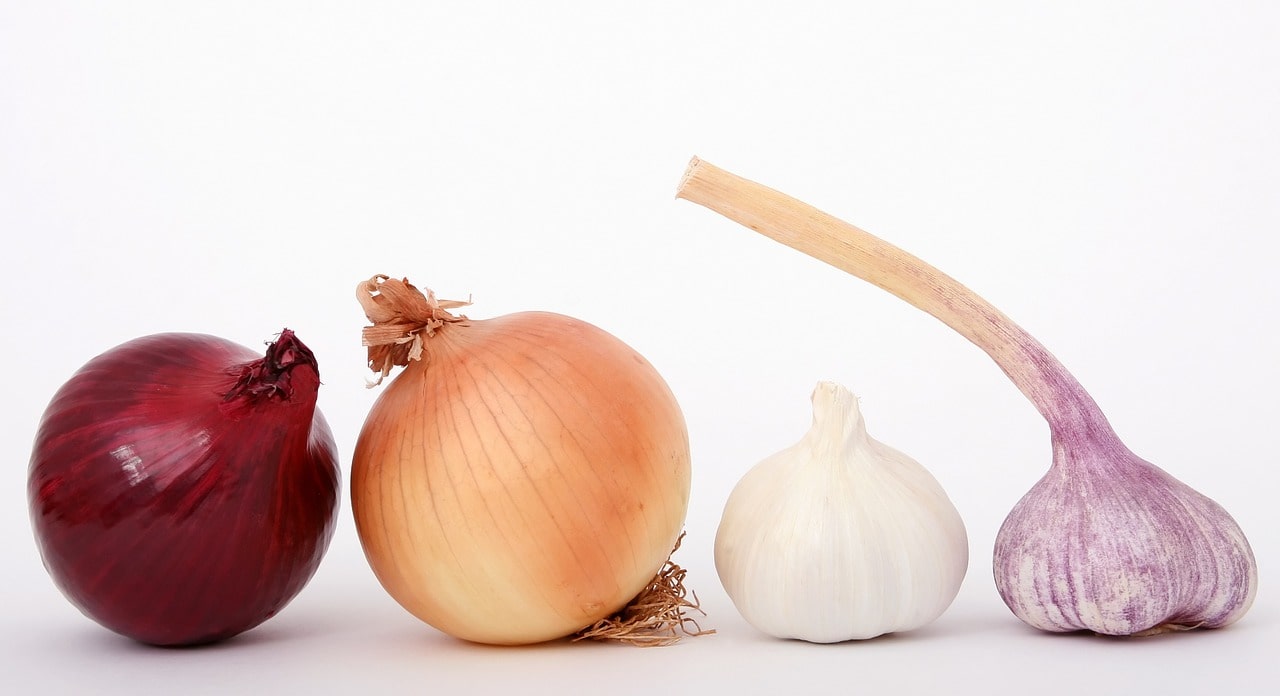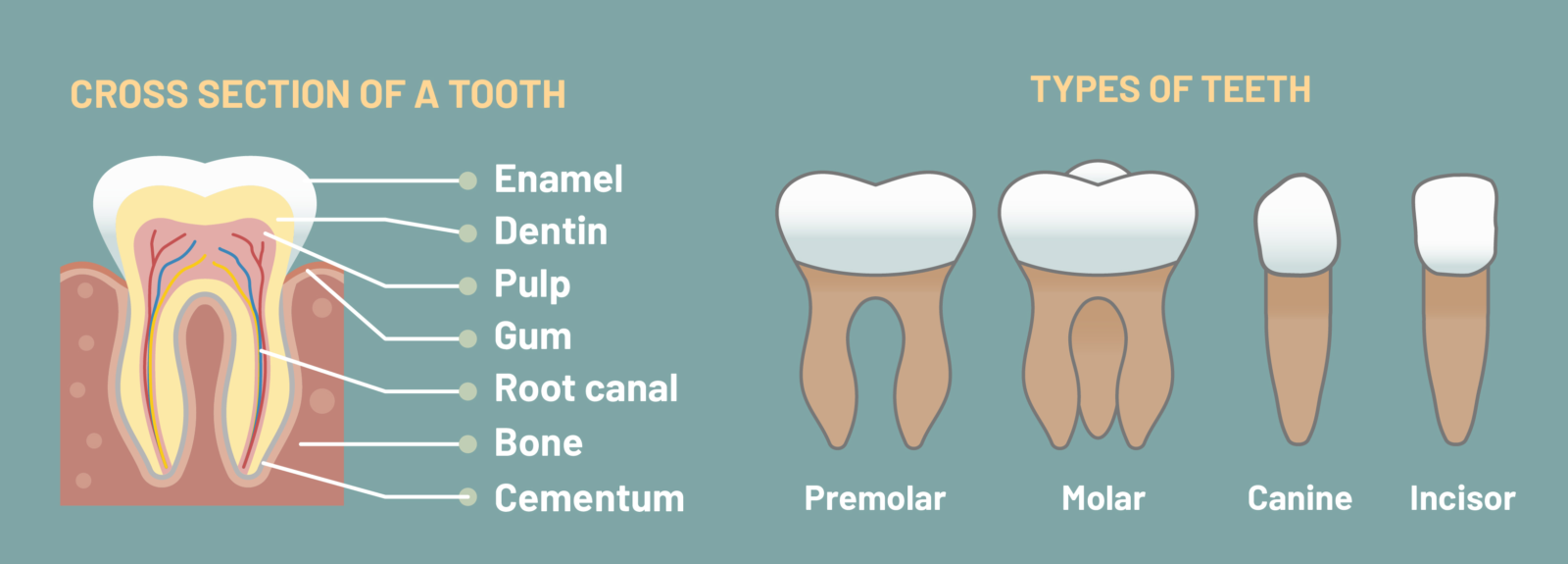Most people know the damage that excessive sugar can do to teeth, but most of us still consume too much sugar. This is because it’s prevalent in many foods we love.
In the following article, we will introduce you to the effects that sugar and artificial sweeteners have on your teeth. We will also reveal some viable alternatives to sugar and sweeteners and explain how you can make smarter decisions to reduce your risk of tooth decay.
Understanding the Effects of Sugar on Your Teeth
Sugar is one of the most harmful things to your teeth. However, it’s not the sugar itself that actually causes the damage!
When you eat sugar, it causes a chain reaction in your mouth, leading a group of harmful bacteria to produce acid. This acid attacks your teeth’s enamel – the solid outer layer of your teeth – via a process known as demineralisation.
While saliva does protect your enamel to a degree, the repeated cycle of acid attacks caused by excessive sugar consumption significantly damages your teeth. This damage typically forms cavities, also known as dental caries, which affect more than 2.3 billion people annually. Cavities start as small holes in teeth, but when left untreated, they can spread into the deeper layers of the tooth, causing significant pain and maybe even tooth loss.
While we all enjoy a bar of chocolate or a sugary drink from time to time, the best way to reduce the risk of tooth decay caused by cavities is to significantly reduce, or eliminate, sugar from your diet.
The Truth About Artificial Sweeteners and Dental Health
In an attempt to reduce sugar intake, many people turn to artificial sweeteners as an alternative. Many sweeteners are out there, including aspartame, saccharin and sucralose. Artificial sweeteners are much sweeter than sugar. In fact, it’s said that saccharin is up to 300 times sweeter than the same amount of sugar.
Unlike sugar, artificial sweeteners do not contribute to tooth decay, as they are classified as “non-cariogenic.” One review of the effect of artificial non-cariogenic sweeteners found a significant reduction in the number of dental caries in children who ingested sugar substitutes rather than the real thing. That said, you also need to be cautious about the amount of artificial sweeteners you include in your diet. Simply swapping a full-fat, sugar-filled soda for its diet version may help to reduce your sugar intake, but it can still lead to issues like teeth discolouration. It may also cause you to overcompensate and eat more sugar elsewhere after giving up sugar-filled drinks.
Healthy Alternatives to Sugar and Sweeteners
Where your teeth are concerned, natural sweeteners are much better than artificial sweeteners and sugars. For instance, monk fruit is a widely-used natural sweetener in China, which is dried into a powder and added to drinks and foods.
Another option is agave syrup, which is commonly used in Latin American countries like Mexico. Its main ingredient is fructose, which is a type of sugar found in fruits. Agave is also a good source of minerals and vitamins and it does not increase your blood sugar levels.
Also used in the Americas is yacon syrup, which is harvested from the yacon plant. It’s high in soluble fibres, which can also benefit your health.
Tips for Reducing Your Sugar Intake
So, how do you reduce the effects of sugar on your teeth? Here are some handy tips to consider that will help you reduce your risk of dental caries:
- Limit or Eliminate Sugar from Your Diet
Begin by making a conscious effort to significantly reduce the amount of sugar you consume. Eliminate sugary fruit juices, sodas, candy and biscuits. Also, watch how much bread/carbohydrates you ingest since these are metabolised into sugars. Small changes can make a big difference to the health of your teeth.
- Switch to Natural Sources of Sugar
If you want to sweeten your food and drink, opt for the natural sweeteners introduced above. Also, enjoy whole fruits, rather than fruit juices and fruit-flavoured products, as the natural sugar in fruit is not as bad as refined sugar. You will also benefit from the added nutrients and fibre contained in whole fruits.
- Brush, Floss and Wash
You probably know that you should brush your teeth at least twice a day for a minimum of 2 minutes. But you also need to floss twice daily to remove bacteria from between your teeth, which can also lead to cavities. Finally, finish your dental routine with an antibacterial mouthwash for best results.
Conclusion: Making Smarter Choices for Your Teeth
Significantly reducing your sugar intake is one of the most important things you can do for your teeth. Seek natural alternatives to sugar and artificial sweeteners that increase the sweetness of food or drink, without heightening the risk of dental caries forming in your teeth.
Further, to preempt cavities forming, schedule regular checkups with your dentist. At Tandara Dental Centre, we offer appointments for a range of dental services in Western Australia that help you care for your teeth and prevent caries from forming.
Contact us today on (08) 9398 5005 to schedule an appointment.










